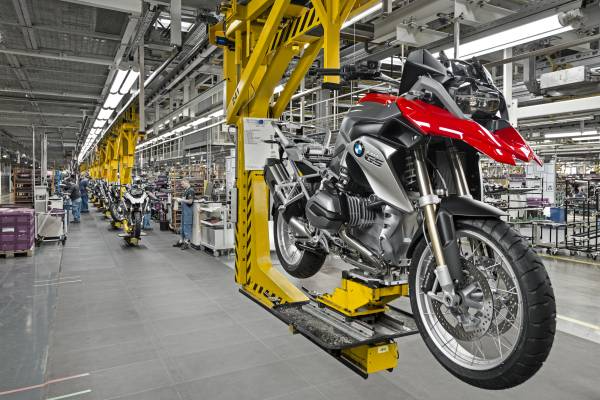This is a serious setback for the European Union in terms of energy transition. Due to Germany's announced abstention, member states will not vote on Tuesday to ban the sale of thermal engine cars in 2035.
Member States were to officially ratify this hard-won decision on Tuesday March 7. The file, also completed with the European Parliament at the end of 2022, only had to go through this small procedural step, and this was to be a simple formality. However, we will still have to wait a little longer to officially announce the end of thermal engines in the European Union by 2035 and the transition to all-electric.
After the validation of the European Parliament last month, there was objectively no more hope of seeing this measure amended or quite simply called into question since, for it to be definitive, the 27 Member States only had to to validate the text during a meeting of their ministers scheduled for Tuesday in Brussels. The file, also completed with the European Parliament at the end of 2022, only had to go through this small procedural step.
However, to everyone's surprise, the vote has just been postponed to an unknown date following a surprise change of heart from Germany. If Italy, Poland or Bulgaria are openly against this measure, this was not enough to block the measure. But with the unexpected support of Germany, whose weight in the European vote is far from negligible, everything is called into question.
Sweden, which holds the presidency of the Council of the EU in Brussels, announced that the representatives of the 27 have “decided to defer the decision to a later meeting and that they will return to this subject in due course. » Proof that everything is on the table again. In fact, Germany, like Italy, is protesting against the fact that Parliament has not kept its promise to integrate synthetic fuels and, more broadly, alternative technologies to all-electric technology in the plan to eliminate gas emissions. greenhouse effect in automobiles.
In a very gloomy economic context in Europe, between energy costs and new commercial rivalries, against a backdrop of clean technologies, the cost of switching to all-electric remains a real “catalyst of discontent”. Several major manufacturers believe that the all-electric dogma is irrelevant. For these manufacturers, if politics must impose the standard, it is up to them to find a way to achieve this by covering a wide range of different technologies.



